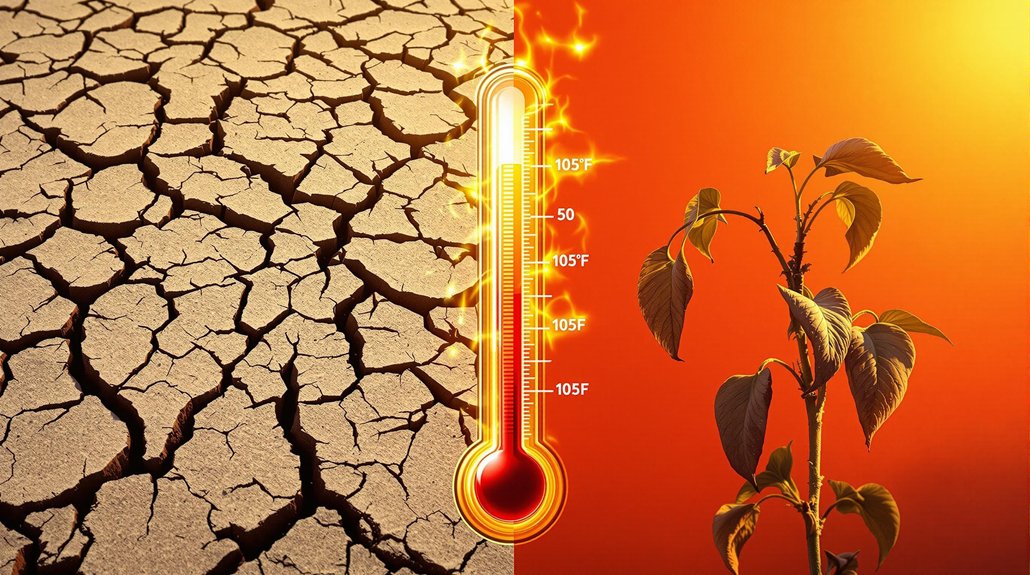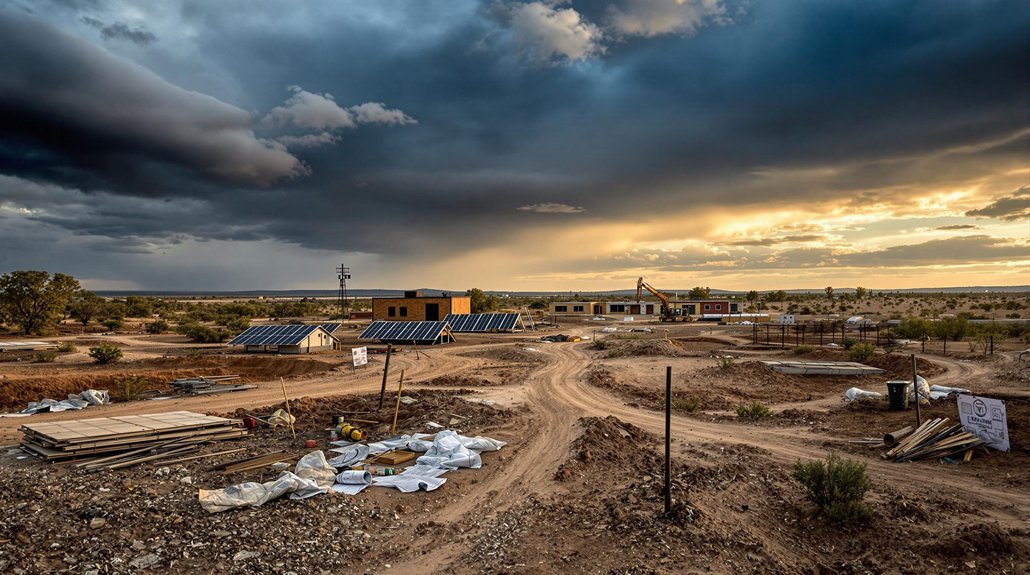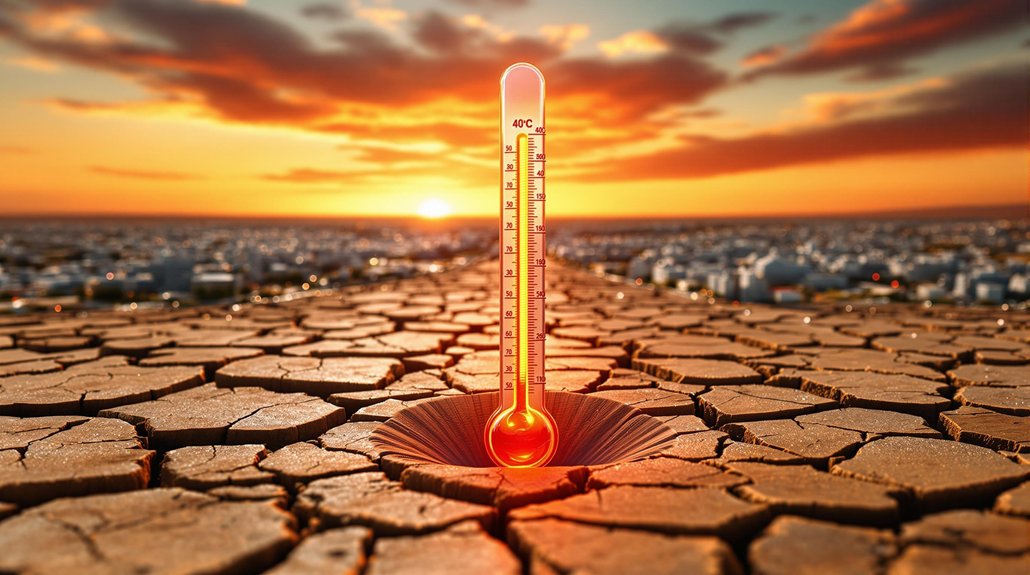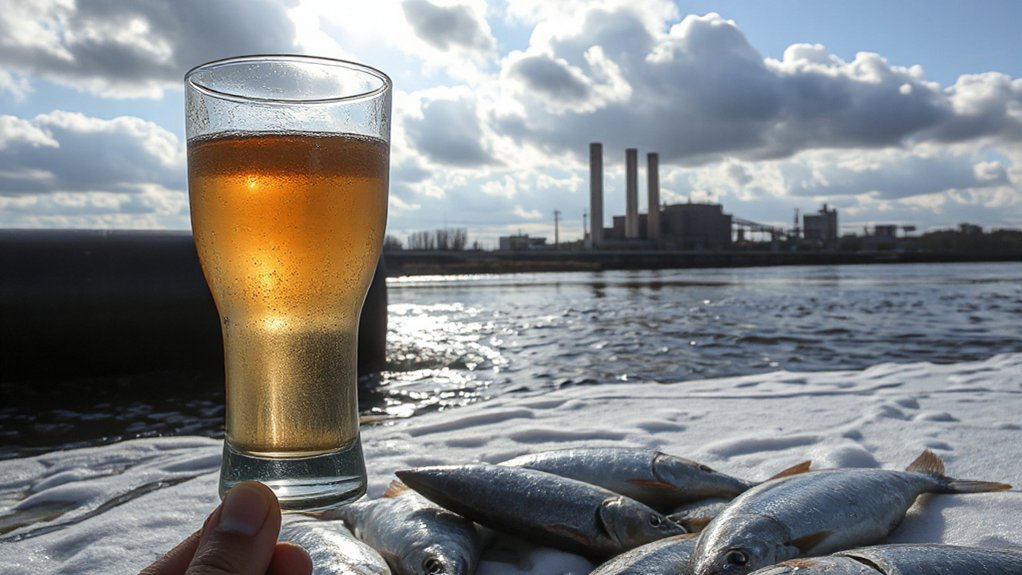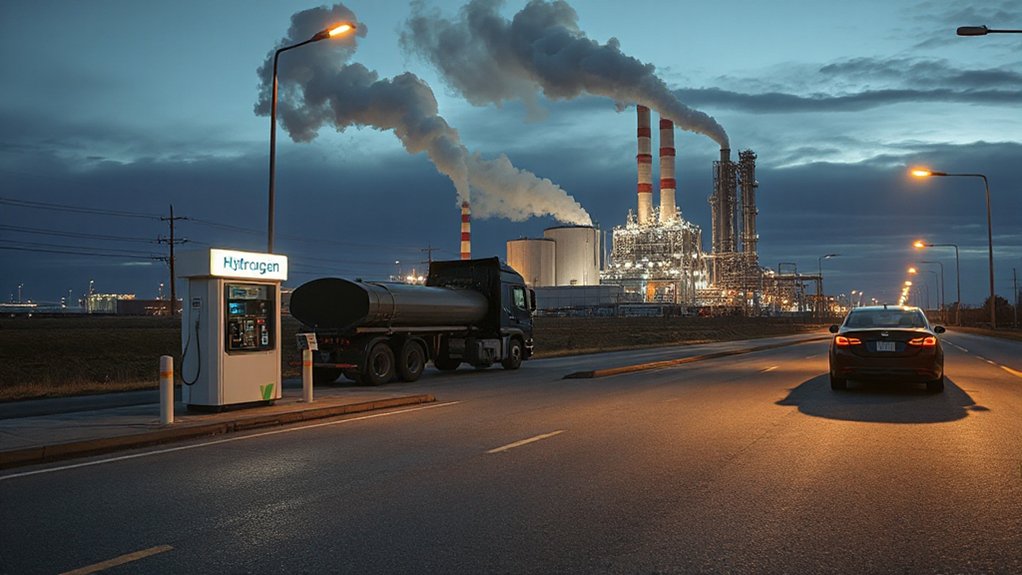Extreme heat accelerates aging in the human body in much the same way as smoking a pack of cigarettes daily. Research shows heat stress can age older adults by up to 14 months through mitochondrial damage and altered DNA patterns. It strains the heart, impairs brain function, reduces cooling efficiency, and accelerates muscle loss. For seniors with less efficient thermoregulation systems, the effects are even more pronounced. The biological toll of scorching temperatures extends far beyond temporary discomfort.
Why are extremely hot days more dangerous for older adults? New research shows that heat stress actually speeds up how fast our bodies age. Scientists have found that older people living in areas with frequent hot days age up to 14 months faster biologically than those in cooler regions.
The body’s aging process changes at the cellular level when exposed to extreme heat. Heat damages the tiny power plants in cells called mitochondria and increases harmful inflammation throughout the body. These changes can happen within days to weeks of heat exposure and alter DNA patterns linked to aging.
Heat puts extra strain on the heart, especially in older adults. When temperatures rise, the heart must work harder to pump blood to the skin to release heat. This increased workload can be dangerous for seniors with existing heart problems. During heat waves, the risk of heart attacks goes up considerably.
As people age, their bodies become less efficient at cooling down. Older adults don’t sweat as much, their blood vessels don’t expand as well to release heat, and they often don’t feel thirsty even when dehydrated. This means their body temperature rises faster and stays high longer.
Heat also affects brain function. Studies show that hot environments impair attention, thinking speed, and decision-making. Chronic heat exposure may even increase the risk of dementia and speed up brain aging. Hot nights disrupt sleep, which further harms brain health.
Muscles and strength decline faster in hot conditions. Heat stress reduces the body’s ability to build new muscle while increasing breakdown of existing muscle tissue. This accelerates age-related muscle loss and contributes to weakness and frailty. Like livestock animals, humans show decreased feed intake and disturbed metabolism of water, protein, and energy during heat stress periods.
With climate change increasing the frequency of hot days, heat’s aging effects present a growing public health concern. The average heat wave season in the U.S. has lengthened by 46 days since the 1960s. By 2050, about 250 million more seniors worldwide will face dangerous heat exposure. Urban elderly populations face the highest risk due to heat-trapping concrete and asphalt in cities. Transitioning to renewable energy sources could significantly reduce greenhouse gas emissions that drive climate change and worsen extreme heat events.
